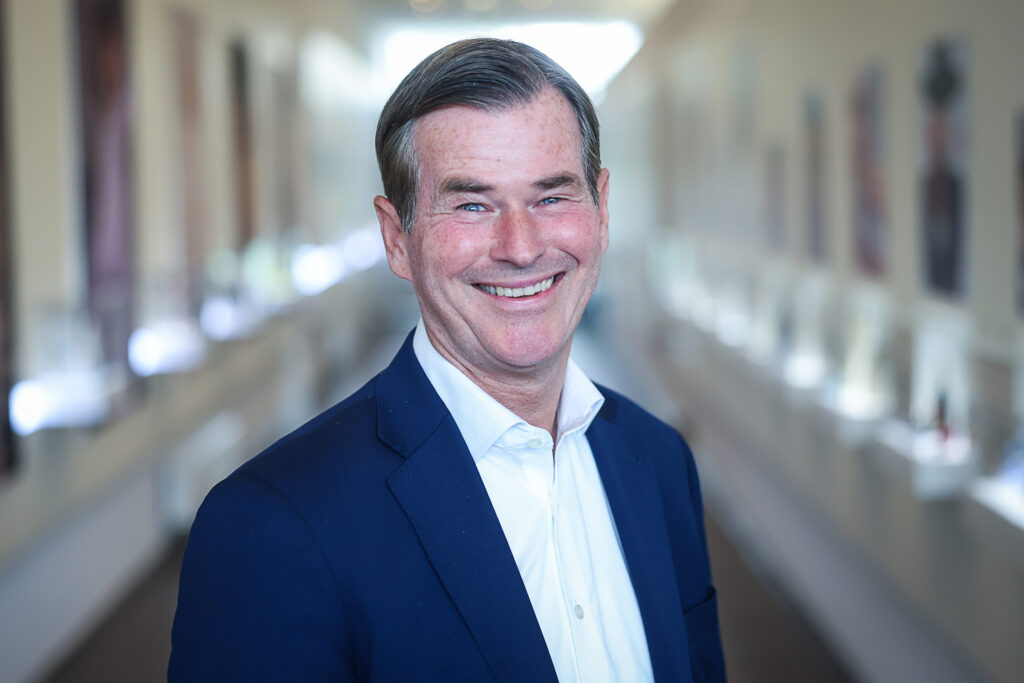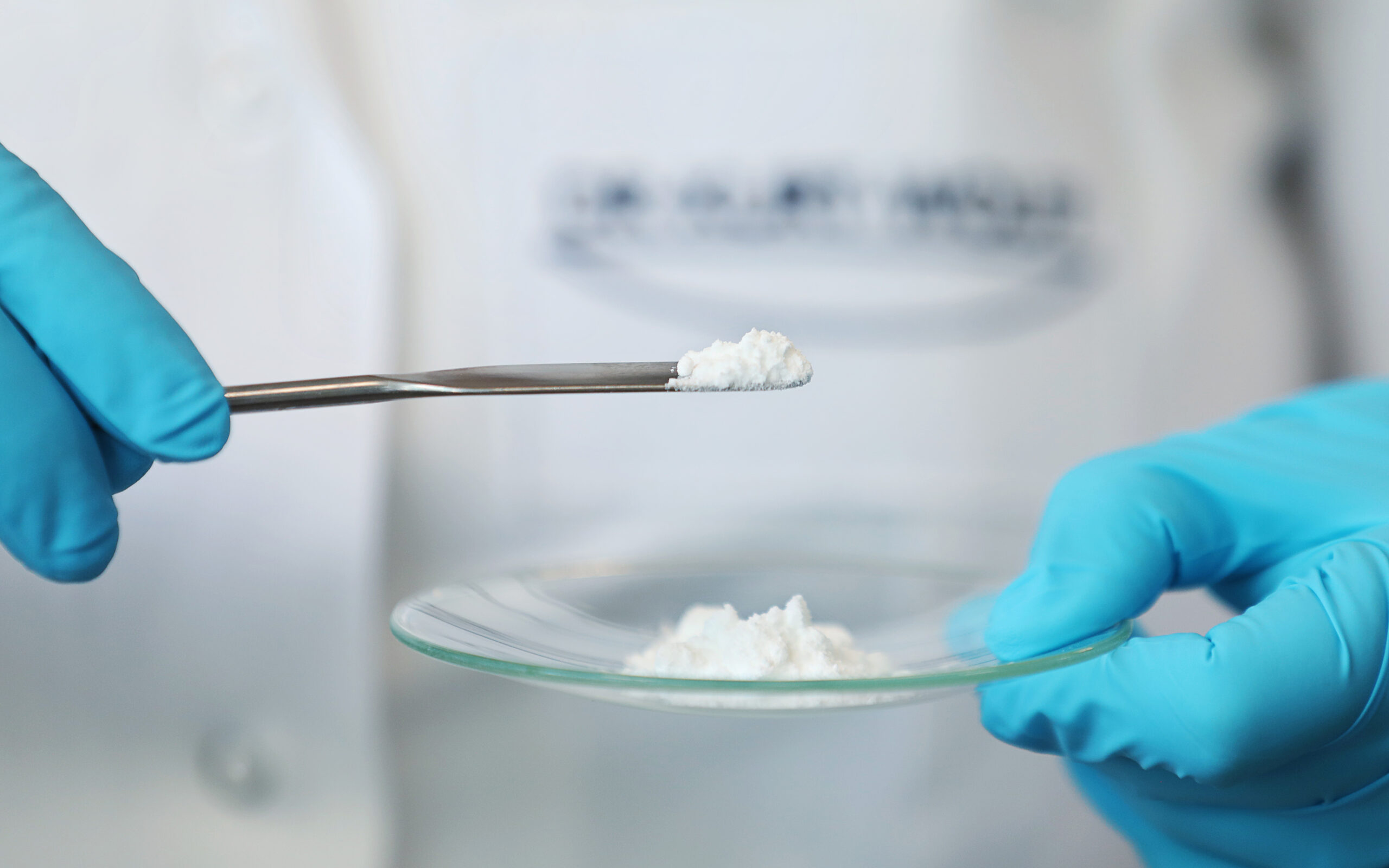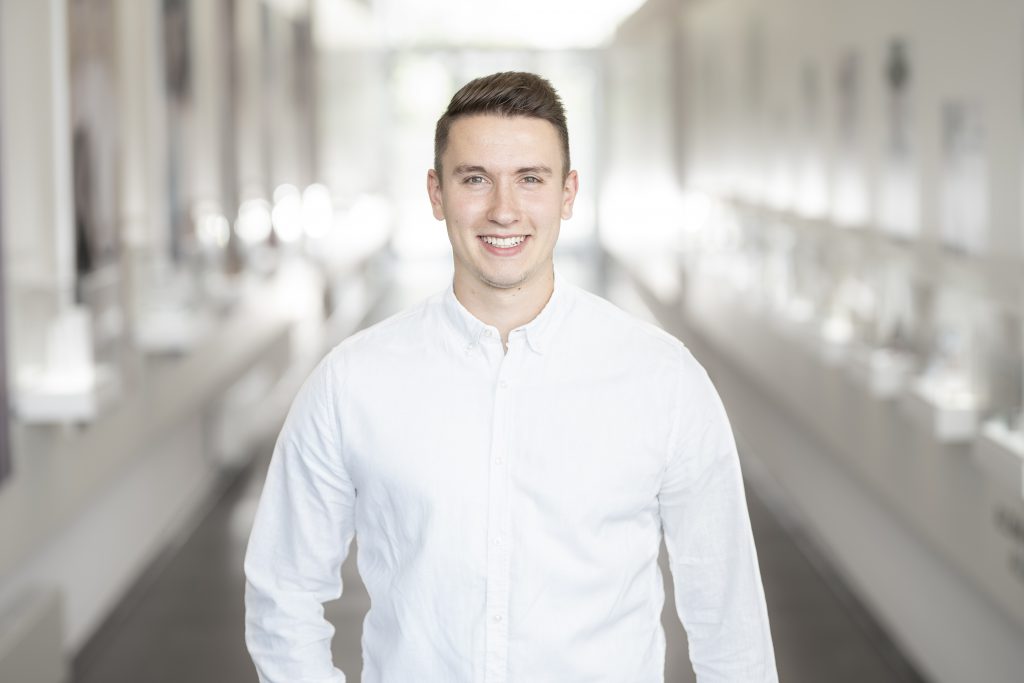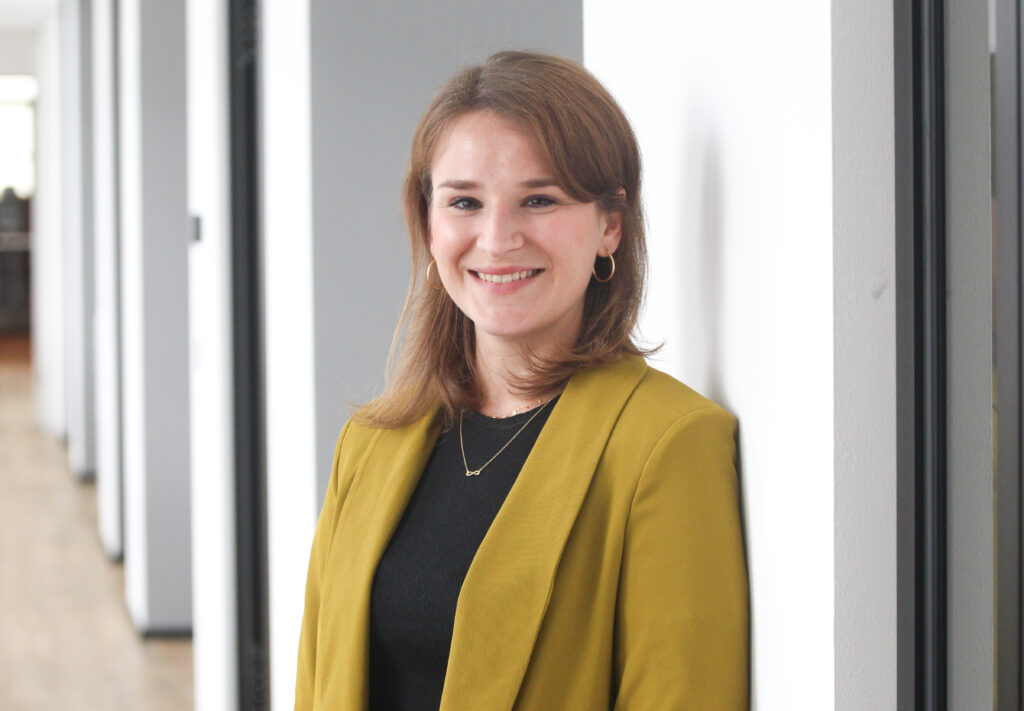From June 14 to 16, leading scientists, dermatologists and hair research experts met at the 20th European Hair Research Society (EHRS) Meeting in Sheffield, England. Dr. Erik Schulze zur Wiesche, head of Dr. Wolff’s medical research department, presented the latest results on caffeine and dimethylglycine used for alopecia.
Caffeine is the most studied phytochemical for female and male alopecia. Over the past two decades, a large number of studies have shown that the active ingredient can prevent hair loss. New studies already submitted for publication prove that the effect of caffeine can be enhanced by the active ingredient dimethylglycine (DMG).
Dimethylglycine is a naturally occurring carboxylic acid that is often used as a dietary supplement to improve physical performance. DMG has also been shown to have positive effects on key parameters of skin biology, including promoting cell growth and supporting synthesis and release of growth factors such as VEGF.
Further clinical data demonstrate positive effects on skin parameters, if DMG is topically applied: an improvement in skin microcirculation was demonstrated after the usage of a gel containing DMG compared to a placebo formulation without any active ingredient.
Studies indicate synergies of caffeine and DMG
After the synergistic effect of caffeine and DMG had already been presented to researchers at previous congresses in Melbourne and Rome, Dr. Erik Schulze zur Wiesche presented two randomized, placebo-controlled, double-blinded studies at the EHRS meeting, which were carried out on a total of 308 male subjects (aged 18 to 65 years) with androgenetic alopecia: The subjects used either a tonic or shampoo containing caffeine and DMG or a corresponding placebo.
In both studies, hair loss rates, measured by a standardized hair picking test, were significantly lower when using the verum compared to placebo. Also noteworthy: a phototrichogram analysis of a subgroup on a smaller area on the head showed an increased hair number and hair density after six months of application of the caffeine and DMG-containing tonic or shampoo.
“These results underline the great potential of caffeine and DMG as a new treatment against male pattern hair loss,” summarized Dr. Schulze zur Wiesche.

The corresponding studies will be published soon.



